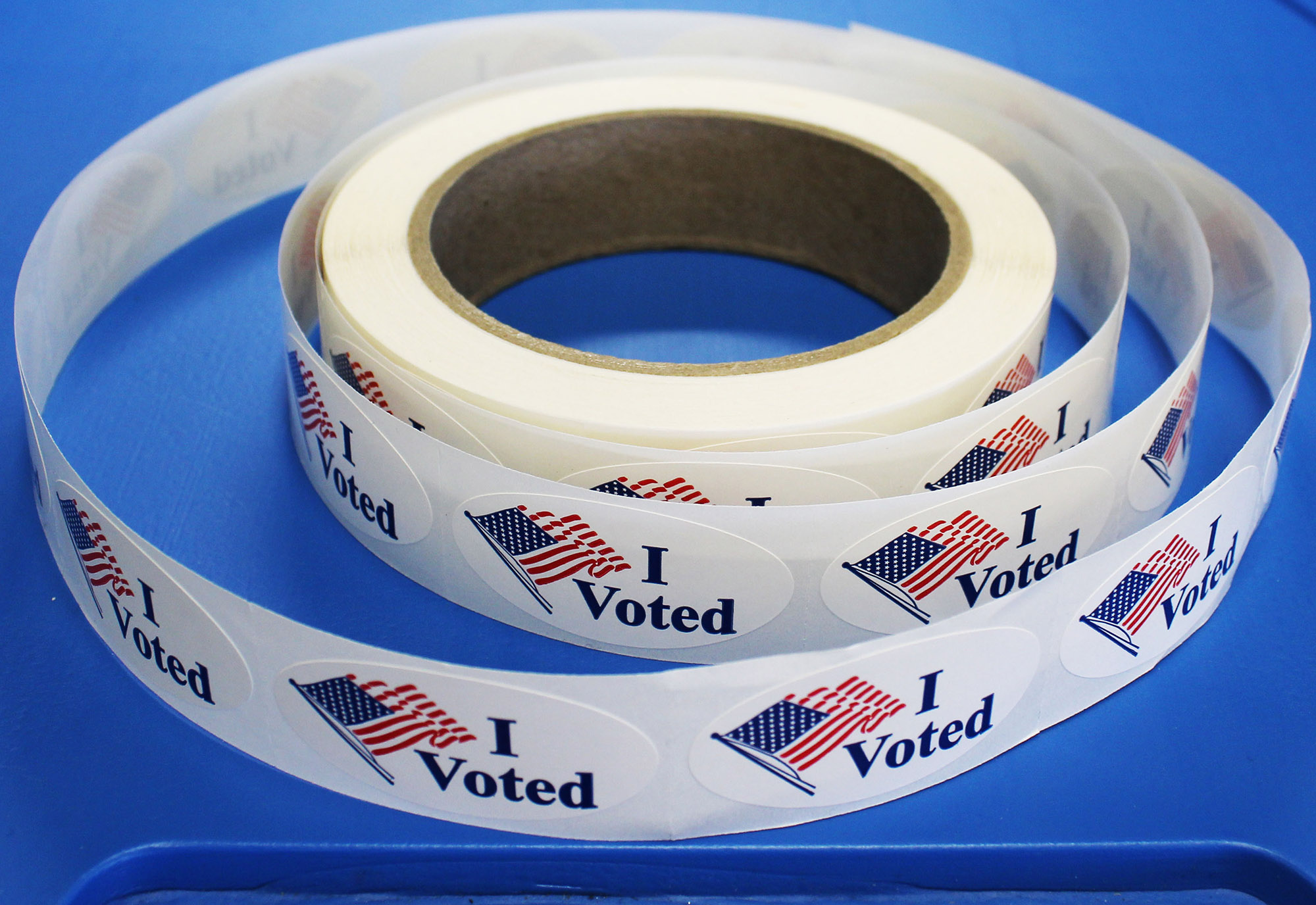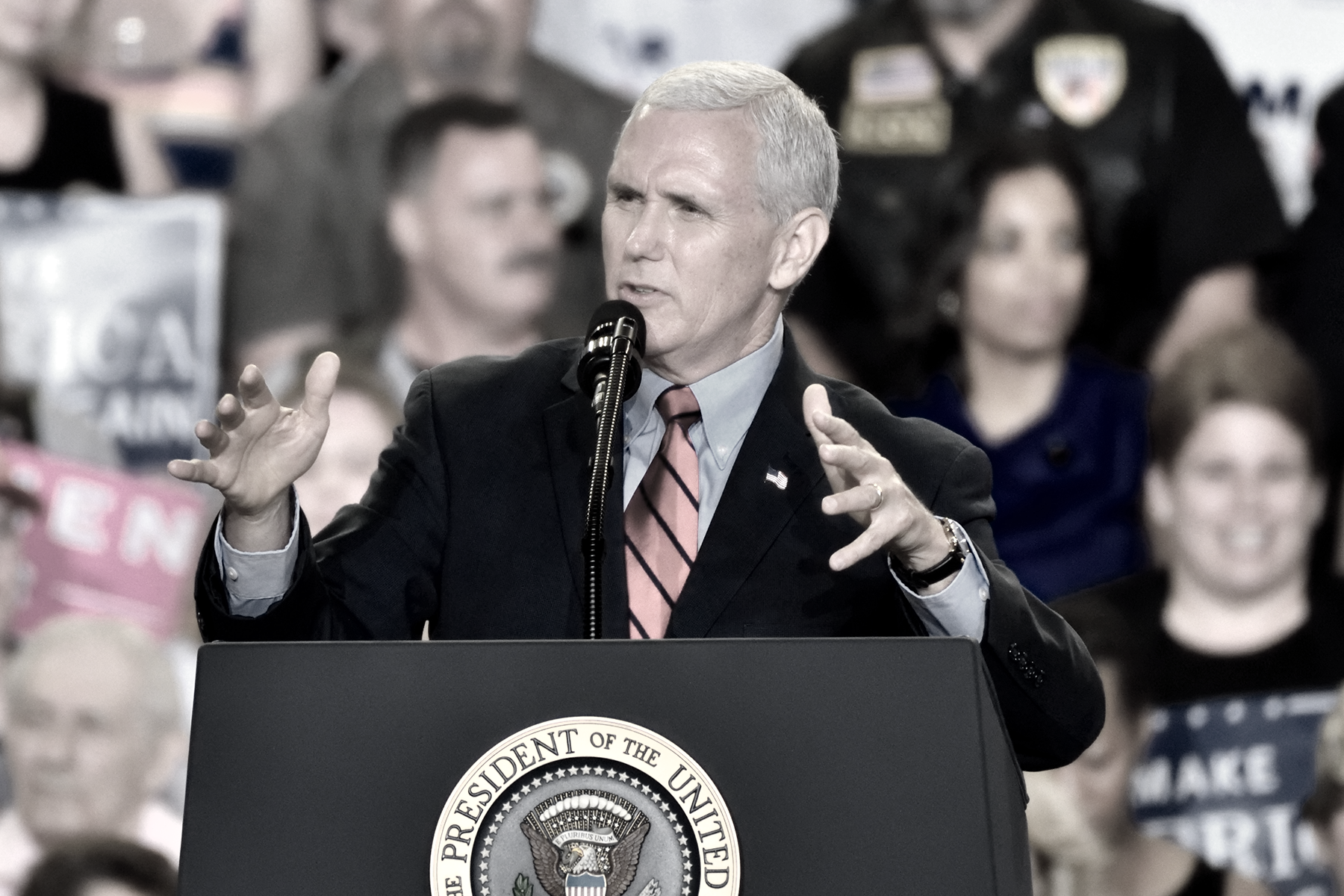
Dunlap v. PACEI: Investigating the Voter Fraud Commission
American Oversight is representing Maine Secretary of State Matt Dunlap in his lawsuit against the Presidential Advisory Commission on Election Integrity (PACEI), on which he served as a member. On August 3, 2018, Secretary Dunlap released the first set of records he obtained from the commission, along with a preliminary report on his findings, determining that the commission had found no evidence of widespread voter fraud.

Background:
In May 2017, Maine Secretary of State Matt Dunlap was appointed to serve on a new commission created by President Trump to investigate allegations of voter fraud. Despite joining the commission in good faith, Dunlap was systematically excluded from participating in the group’s work and was denied access to basic information about meeting agendas, letters sent by the commission, and potential witnesses who would testify to the commission.
On November 9, 2017 Dunlap filed suit in the U.S. District Court for the District of Columbia – represented by American Oversight and the law firm of Patterson Belknap – to enforce his rights as a member of the PACEI. The lawsuit alleged that the commission, led by Vice President Mike Pence and Kansas Secretary of State Kris Kobach, had violated the Federal Advisory Committee Act (FACA) by denying Dunlap and other commissioners access to key documents and excluding them from much of the commission’s work.
On December 22, 2017 a federal judge largely agreed, ordering the commission to turn over documents and allow Dunlap to participate in commission activities.
Faced with the order, the commission ran an “option play” to avoid its consequences. Just weeks later, on January 3, 2018, President Trump dissolved the PACEI, and government lawyers have argued that the termination of the commission means that Dunlap no longer has a right to access the commission’s documents. In response, Dunlap filed a motion for a temporary restraining order to prevent the commission from destroying any records.
In the weeks after the commission was dissolved, Kobach, President Trump, and other administration officials have made claims about the nature of the commission’s “findings” and have claimed that the commission found evidence of numerous instances of voter fraud. Due to their ongoing efforts to block and exclude him, Dunlap has been unable to confirm or dispute these claims. But under the law, Dunlap has a right to review the materials used by the commission in reaching those conclusions, and he is continuing his fight to gain access to the commission’s records.


